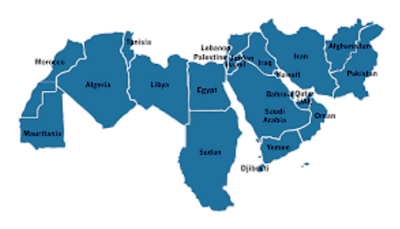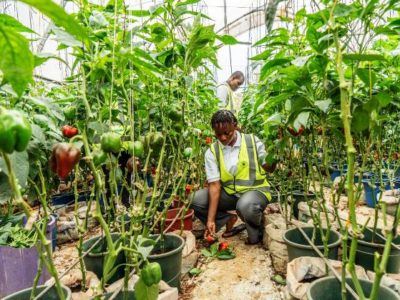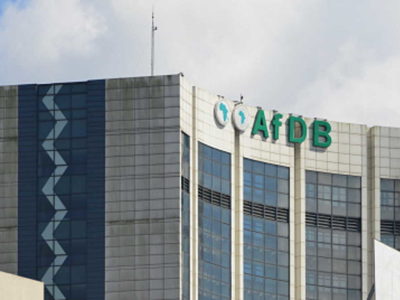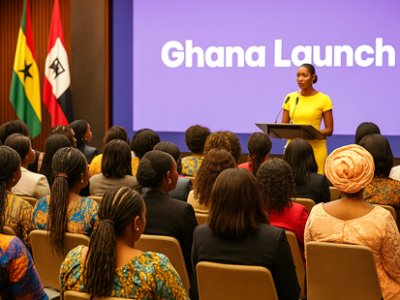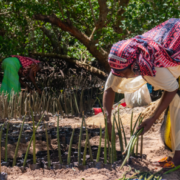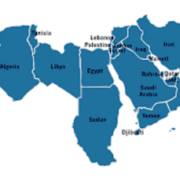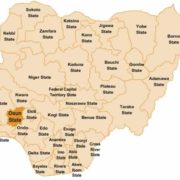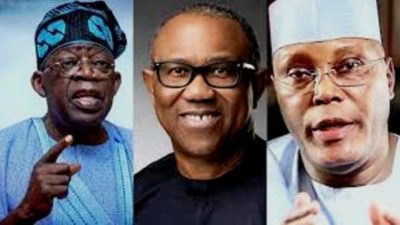
My thesis is a neologism and an amalgam of two words namely: Nigeria and amnesia. Of course,everyone knows Nigeria, black Africa’s giant tormented by unresolved puzzles. It has a large, resourceful and dynamic populationbut at the same time thenation suffers from the BIG country syndrome. Amnesia, on the other hand, is a medical term which refers to a partial or total loss of memory. My intention in this piece is to demonstrate that Nigerian citizens are afflicted by this ailment and as a consequence the citizens have become more Nigerian than Nigeria itself.
It is fifty three years since independence and Nigeria as a country is still travelling on reverse gear because the country has refused to look back. Philosophers are right when they say that looking back also means looking forward.
The period of the first regimes could be conveniently regarded today as the golden age of Nigeria. Leaders like Awolowo,Azikiwe,Ahmadu Bello and TafawaBalewa were able to manage and govern the country with meager resources derived basically from taxes,cocoa,groundnuts and other agricultural products. Although oil was discovered at Oloibiri in the Niger Delta region as early as 1956, its exploration was yet to commence and agriculture remained the mainstay of the economy until the end of the Nigerian civil war.
During this period, the Naira was also more powerful than the Pound and Dollar.The three biggest Universities in the country that time namely: University of Ibadan, University of Ife and Ahmadu Bello University Zaria ranked among the best Universities in the world with expatriates vying for teaching appointments in all faculties.These nationalistwere aware that only education could be used for the development and liberation of man.Equally important is the fact that the first leaders of Nigeria had several things in common: patriotism and the refusal to use the resources of the state for their personal benefit. The young Nigerian singer Wande Coal nostalgically captures this golden age in a song entitled Once Upon a Time.
When hundreds of billions of Naira began to accrue from the oil sector Nigeria began its descent into misery and poverty. A new ethos of cheat or risk being out-cheated had crystallized since Agriculture which sustained the nation was destroyed together with institutions and the nation’s sense of honor. Ethics, patriotism, self respect, responsibility and vision escaped as the new leaders stashed away billions of Naira in foreign bank accounts, investment and real estate. But again,even up to the year 1976 Nigerians still identified with the regime of MurtalaMuhammed because the regime was honest and sincere. It promised Nigerians that it would solve the problems of petroleum distribution, demurrage and return power to civilians in 1979.
The regime of MurtalaMuhammed also added another feather to its cap by its progressive and anti-imperialist policy on South Africa.Lamentably,Muhammed felled to the assassins bullets when he was barely six months in office. Since then the successors of Muhammed(whether soldiers or civilians) have refused to emulate his leadership qualities. As a matter of fact they have forgottenall that the General stood for. But one thing is clear: General Muhammed was not the kind of soldier that would strip off his uniform and run for office even if the polls gave him a popularity rating of 100%, or ten million people blocked the streets and begged him to rule them. He was a true soldier and he knew the meaning of honor.
But the successors of Muhammed especially those in uniform have forgotten what it is to be a soldier. Military regimes after Muhammed were chiefly concerned with primitive accumulation and the well known tendency of Army Generals to translate their economic wealth into political power. More irksome was the introduction of the Structural Adjustment Programme (SAP) by the regime of General IBB. The programme which was anchored on the premise that the Nigerian economy needed a fundamental restructuring to correct the distortions in exchange rates, tariff regimes and domestic price structure ended up with a collapse of industrial facilities, high commodity prices, mass retrenchment and reduced incomes. SAP was not only anti-people but also the harbinger of Nigerian capitalism. Petroleum products, NITEL, PHCN are already commercialized. Next on the line, perhaps is, public Universities in Nigeria.
When General Buhari seized power fromAlhajiShehuShagari in December 1983, he had all corrupt and unscrupulous politicians arrested and sentenced to various jail terms hoping that his action would scare future political office holders from looting public treasury. Alas! General Buhari was wrong. On the contrary, corruption has assumed embarrassing proportions in Nigeria. Just compare the wretched family homes of the early leaders with the mansions of Nigerian councilors today and then you can fully understand that we forget too easily.More worrisome is the fact that the same old politicians that General Buhari wanted to exterminate are the same people calling the shots in the political arena. Take a few examples. In 1976, MurtalaNyako was the governor of Niger state under a military regime. After thirty six years the same man is presently the governor of Adamawa state. More than this the old man is leaving no stone unturned to ensure that his son becomes his immediate successor.
In 1983, BamangaTukur was the governor of Gongolastate(now Adamawa and Taraba states). Thirty years later the same man is PDP’S national helmsman. The present Governor of Plateau state, David Jonah Jang, has ruled as governor for three times. The list is as long as a railway line. But what is clear for now is that politicians in Nigeria are eager to tenaciously hold on to power because they either want to cover up their crimes or to protect their loot. They do this everyday because our memory is ephemeral.
Obviously, there is a whole lot of difference between the founding fathers of Nigeria and the political class that emerged from the late seventies and early eighties. But what about the young political office holders that took the stage with the return to civilian rule in 1999? Nigerians had hoped that they would build a new Nigeria since most of them were barely in the old age of their youth. Here again Nigerians erred lamentably. If there is anyquality that characterize the young politicians ruling Nigeria today, it is a strong habit of plundering the nation’s wealth. Whereas the old politicians merely stole food from our granaries the young ones have the tendency of stealing and destroying the granaries only to rebuild new ones in foreign lands for their selfish benefits.
Recently, a SWISS non-governmental group described the NNPC as ‘the greatest fraud Africa had ever known’. With the kind of massive corruption going on at the NNPC it will be very difficult for the present regime to realize its transformation agenda. Trillions and Billions of Naira grow wings and fly away every evening at the Corporation. Surprisingly, Mr. President has turned his face away and only the House of Representatives is making feeble attempts at investigating the fraud. It is amazing though not surprising because here in Nigeria the bigger thief you are the more respect you acquire.
Here you are judged not by the truth of your vision but by the size of your wallet.This crop of leaders would have been prisoners in other climes but in our country Nigeria they are heroes. Small wonder they have a penchant for elective office: from the Government house to the upper house ofparliament and vice versa. It is the same game with different tactics and we all seem to be immersed in this endless cycle of human stupidity which allows a few to fester in opulence while the majority squirm in poverty.
2015 is another year of elections in Nigeria. The politicians are warming up for the race. They will use their ill gotten wealth to debase the electoral process in order to acquire political power. They know that majority of Nigerians are hungry and poor. They know also that we all have a short memory. Over and above all, they know fully wellthat money is a very powerful force in a country like Nigeria because it can buy certain virtues like honor, honesty and integrity. Here in Nigeria the politicians are born to do the pulling while the rest of us are meant to be pulled. They can fool us a thousand times because they know we suffer from Nigeriamnesia. So, for now, our hope for a new Nigeria is similar to that of the old man in the proverbs who carried his dreams in a basket.
By  Dr. Jeff Godwin Doki, writer and analyst, is a senior lecturer at the Department of English University of Jos, Nigeria.
Dr. Jeff Godwin Doki, writer and analyst, is a senior lecturer at the Department of English University of Jos, Nigeria.

